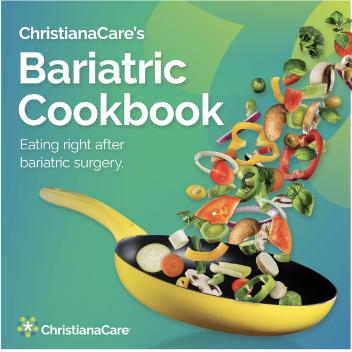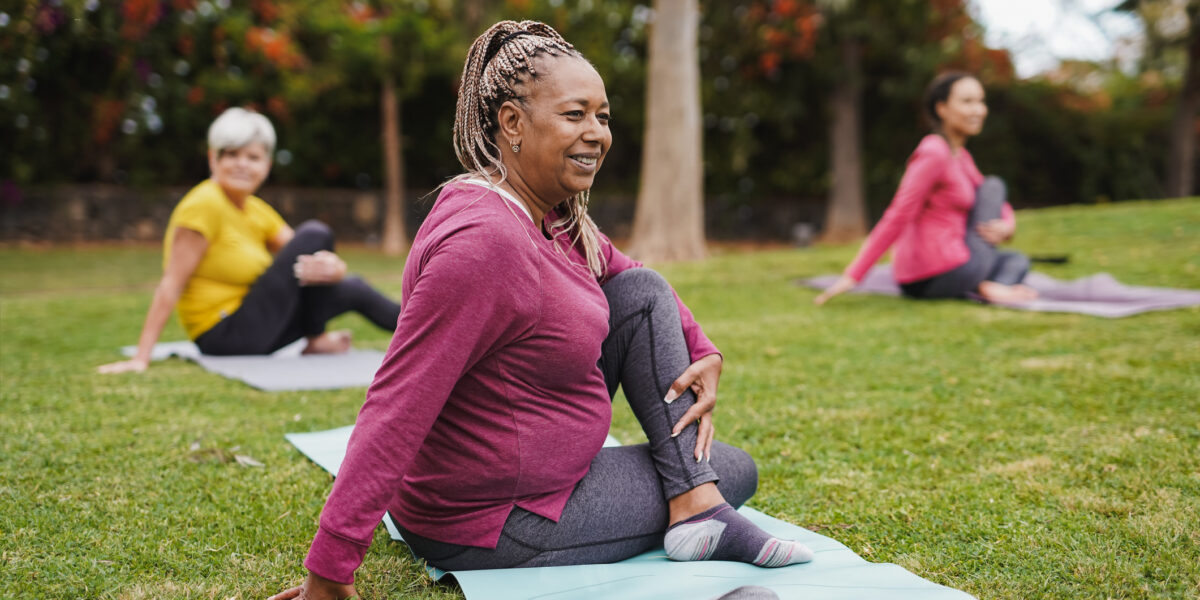For people diagnosed with obesity and who struggle to reach a healthy weight through diet and exercise alone, bariatric (weight loss) surgery may significantly improve their health and quality of life.
Obesity is recognized as a disease that can respond to treatment, not a condition that arises because someone lacks willpower. Bariatric surgery is minimally invasive and safe; the field is highly regulated. People routinely lose weight after the procedure.
Who can get bariatric surgery?
Doctors consider a patient’s overall health and body mass index (BMI), which is a height-versus-weight ratio, to determine whether they’re eligible for surgery.
People may be eligible for bariatric surgery if they have:
- 100 pounds or more to lose.
- A BMI of 40 or higher
- A BMI of at least 35 and at least one other health problem, such as diabetes or high blood pressure.
- Tried unsuccessfully with other weight loss attempts.
What are the benefits of bariatric surgery?
Obesity increases the risk of heart attack, stroke, diabetes, sleep apnea and certain cancers. Losing weight helps decrease these risks, and bariatric surgery may yield significant healthy weight loss in a short time frame.
Attend our free seminars to help you learn whether weight loss surgery is right for you.
Patients usually lose between 65% and 85% of their excess body weight within 18 to 24 months of surgery. Because of its healthful results in decreasing obesity, bariatric surgery is one of very few surgeries that has been shown to increase a patient’s life expectancy.
Patients in ChristianaCare’s Bariatric Surgery program saw significant reductions in medical conditions at their one-year follow-up:
- 86% decrease in diabetes without insulin.
- 78.5% decrease in diabetes with insulin.
- 85.7% decrease in high blood pressure.
- 78.5% decrease in high lipid (cholesterol) count, known as hyperlipidemia.
Which bariatric procedures are frequently done at ChristianaCare?
At Christiana Care, we perform over 340 surgeries a year including both gastric bypass and sleeve gastrectomy. We also care for patients who have had bariatric surgery performed previously.
Gastric bypass: In gastric bypass surgery, we create a small stomach pouch which restricts how much food the stomach can hold. We reroute a lower portion of the small bowel to that pouch, bypassing part of the stomach and the upper portion of the small bowel. This prevents certain enzymes from mixing with the food. Patients absorb fewer calories from what they’re eating, leading to weight loss.
Sleeve gastrectomy (gastric sleeve surgery): During a sleeve gastrectomy, we remove 70% of the patient’s stomach, which restricts the amount of food that the stomach can hold. The procedure also decreases the production of ghrelin, a hormone that makes us hungry.

What to do if you’re thinking about bariatric surgery
As a first step, our bariatric surgeons offer consultations for people who want to learn about the risks and benefits of surgery. What’s next:
- If you are a candidate for bariatric surgery, you will start our preoperative process which includes our medical evaluation and education.
- You will meet with a registered dietitian to learn healthy lifestyle habits that will set you up for success after surgery.
- You will meet with a psychologist to be sure you are prepared for surgery.
- You will receive our Weight Loss Surgery Guide with details about each aspect of the program and our special cookbook with detailed recipes for every step of your journey.
After surgery: We stay connected with you for success
In order to be successful after surgery, patients must make healthy lifestyle choices, such as eating a whole-food diet with plenty of protein, water and vitamins, and exercising regularly.
We provide you with long-term support after bariatric surgery to keep you on a path toward success. We monitor your health and provide you with nutritional, fitness and mental health guidance.
There are many ways to connect with other ChristianaCare patients who can relate to your experiences including monthly live Zoom support groups, and a closed Facebook group where you can find community in a safe, private environment.



